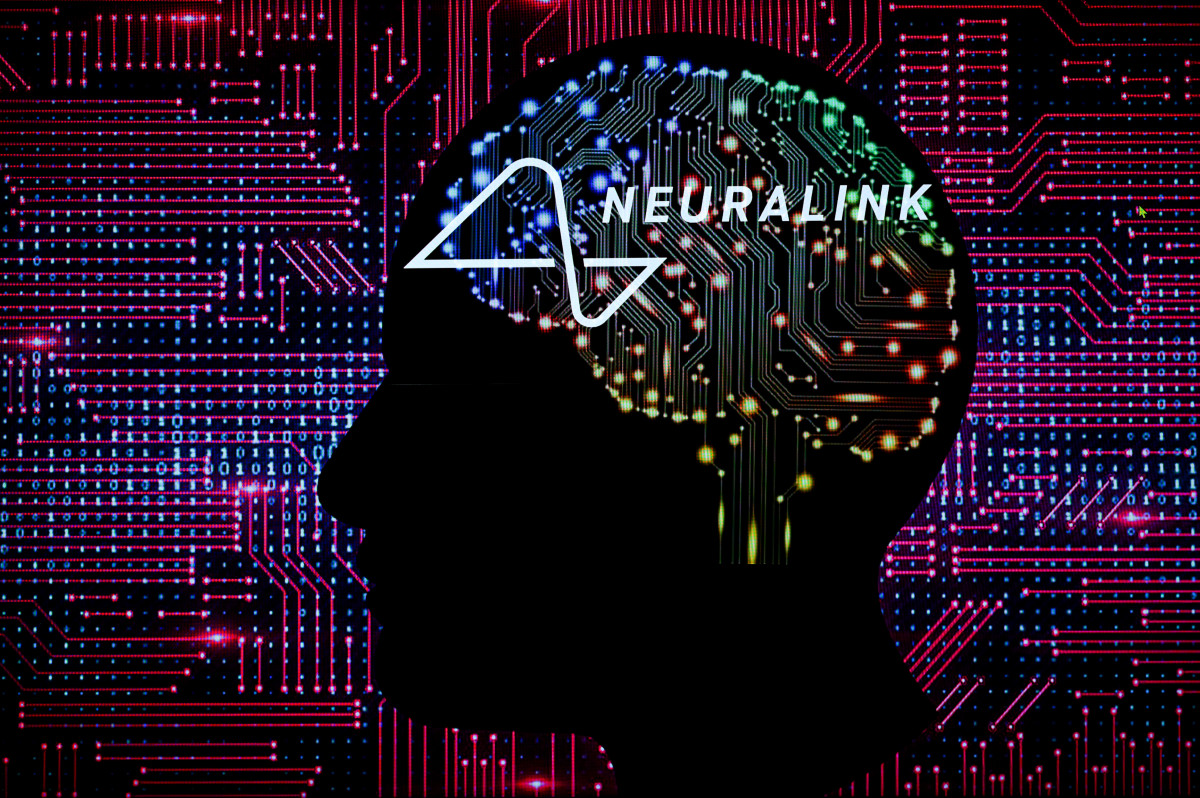
Fast Facts
- Neuralink went live on X Wednesday, sharing a clip of its first patient playing chess with his mind.
- Noland Arbaugh, a 29-year-old quadriplegic, is the first human to receive a Neuralink device.
- Neuralink is working to develop a brain-computer interface that would enable paralyzed people to control computers with their thoughts.
Eight years ago, Noland Arbaugh became paralyzed from the shoulders down, the result of what he called a "freak diving accident." He was 21 years old.
He recently became the first patient to receive a brain implant as part of Neuralink's first human trial. The Elon-Musk-owned startup streamed a live video on X Wednesday that showed Arbaugh playing chess with his thoughts.
"It was like using the Force on the cursor," he said. "It became intuitive to start imagining the cursor moving. I could get it to move wherever I wanted it. It's such a wild experience. It's crazy. I'm so freaking lucky to be a part of this."
Related: Meet Neurosoft, the company that's achieving Elon Musk's dreams
Arbaugh added that the surgery itself was "super easy." He was discharged from the hospital a day later, he said.
The product currently sitting in Arbaugh's brain, according to Musk, is called "Telepathy." He said in multiple posts on X that the technology featured in the demo has the potential to be a game-changer for the human species.
Neuralink said it will continue to share similar clips over the coming days.
"It's not perfect. We have run into some issues. I don't want people to think that this is the end of the journey," Arbaugh said. "There's a lot of work to be done. But it has already changed my life."
— Neuralink (@neuralink) March 20, 2024
Brain-computer-interface efforts
The demo itself, however, does not feature technology that's new to the field. Similar efforts have been made over the years, some with notably noninvasive hardware.
Neurosity, for example, sells a device called the Crown that, like the name suggests, is worn over the head. The company launched a device in 2020 called Notion that similarly reads brain waves, enabling users to control computers with their thoughts.
Contrary to the earlier belief that invasive procedures were needed for more complex applications, a 2008 study found that "noninvasive" brain-computer interfaces paired with "an adaptive algorithm can provide people, including people with spinal cord injuries, with two-dimensional cursor movement and target selection."
A BCI system translates brain waves to technological devices.
Dr. Gregory Cogan, assistant professor of neurology at Duke University, told TheStreet in January that the advantage of Neuralink's invasive approach — which involves the implantation of electrodes directly into the brain's tissue — is that the electrodes are closer to the brain's neurons.
The disadvantage, he said, is that such an insertion necessarily damages brain tissue; Cogan is developing a flexible brain sensor that is designed to sit on top of the brain, where it can less invasively, but no less successfully, record and transmit brain signals. He and other Duke scientists successfully tested the device last year.
A Swedish biotech company called Neurosoft is also working to develop a similar flexible brain sensor.
Related: Elon Musk makes an enormous new promise for one of his more unusual ventures
Neuralink: Hype and trials
Neuralink launched its first human trial — amid ongoing scrutiny regarding the safety of its procedures and devices — in September, after receiving approval from the U.S. Food and Drug Administration in May.
The first patient to receive one of Neuralink's devices underwent the procedure in January; Musk said at the end of the month that the patient was "recovering well." This patient was Arbaugh.
Still, little is known about the scope and scale of Neuralink's pilot trial. It is unclear how many patients are part of the study, whether any other patients have received an implant, and what exactly Neuralink is attempting to test through the trial.
Details of the trial have not been shared on clinicaltrials.gov, a database of clinical research studies.
Neuralink did not immediately respond to a request for comment.
The company's mission, stated on its website, is to "create a generalized brain interface to restore autonomy to those with unmet medical needs today and unlock human potential tomorrow."
The bulk of information concerning Neuralink's efforts and aspirations has been shared by Musk, who over the years has said that Neuralink's devices will eventually be able to cure neurological disorders, restore eyesight to the blind and enable people to experience alternate realities.
Anna Wexler, an assistant professor of medical ethics and health policy at Penn, in June criticized Musk's regular efforts to hype the tech without providing details, timelines or evidence to back his claims.
"There’s still so little known about the brain that getting people’s hopes up about what’s possible in the near term may be misleading and may lead to skepticism around neurotech," she said.
Neuralink last year achieved a $5 billion valuation.
Contact Ian with tips via email, ian.krietzberg@thearenagroup.net, or Signal 732-804-1223.







